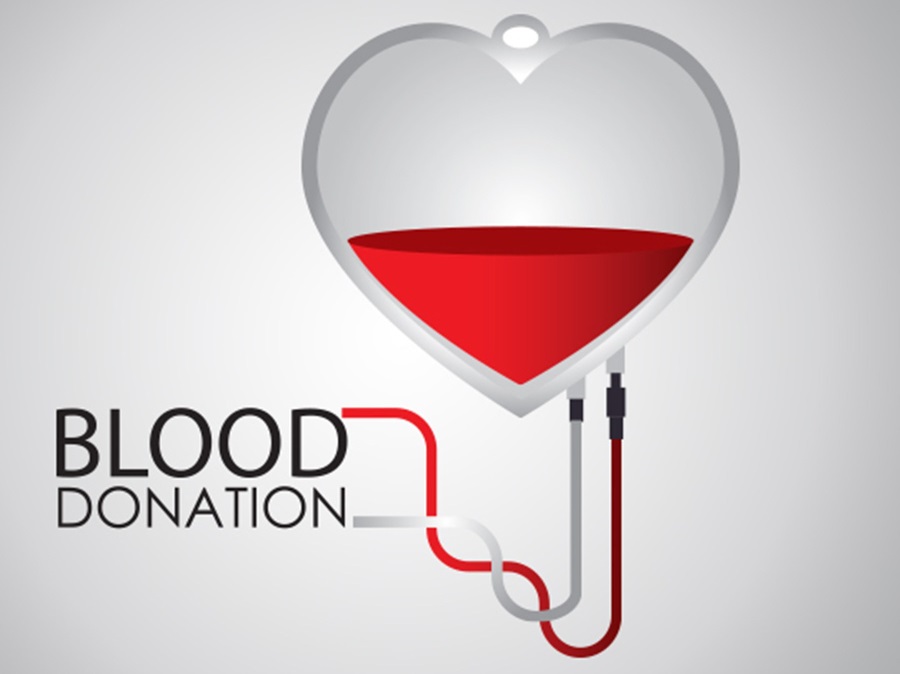Blood donation is a great gesture of giving back to the society. You are making a great difference by doing it. If you have decided to donate blood you will want to know how to prepare yourself what needs to be expected. This is a small faq list, which will help to answer your questions regarding blood donation.
What are the minimum requirements for an individual to be able to donate blood?
The most basic requirement is that your age needs to be between 18-65 years to donate blood and should weigh at least 110 pounds or 50 kgs. If you are donating blood in U.S. your age should at least be 16 years.
Does it hurt while donating blood?
There will not be any major discomfort, but just a sting in the beginning, which will last for a few seconds.
What amount of blood is taken?
For blood donation, approximately 500 ml or one-half liter of blood is collected. For platelets or plasma the amount of blood depends on your height, weight and your platelet count.
Does donated blood stay on the shelf till the time it is used?
No, it does not. It gets separated into different components. Red blood cells are stored in the refrigerator for 42 days or frozen for up to 10 years.
Platelets are stored at room temperature for 5 to 7 days. Granulocytes needs to be transfused within 24 hours of donation and Cryoprecipitated AHF is can be kept frozen for up to a year.
What should you do before donating blood?
You should drink plenty of fluids and eat well before and after donating blood.
If I was deferred before, am I still eligible to donate?
This depends on if you are temporarily deferred or permanently deferred. The time will depend on the reason for deferral. Before donation, there will be a small physical and medical examination during which they determine if you are eligible to donate.
If I have a cold or flu, can I donate?
No, you cannot donate if you have a cold or flu because you need to be healthy while donating blood.
If I have blood pressure, am I eligible to donate?
Yes, if your blood pressure falls within the required range you will be eligible to donate.
What is time for the blood donation process?
Whole blood donation usually takes up to 45 to 60 minutes. Donating plasma and platelets takes 1.5 hours to 2 hours.
What are the after effects of blood donation?
The majority of people can control blood donation well but some may experience fatigue.
How often can I donate?
According to AABB and FDA regulation, you must wait at least 56 days between whole blood donations.
Platelet donors can donate frequently because the platelets and plasma are replenished quickly by the body compared to the red cells. Platelets return to normal levels in 72 hours after donation and plasma returns to normal level in a few days.





